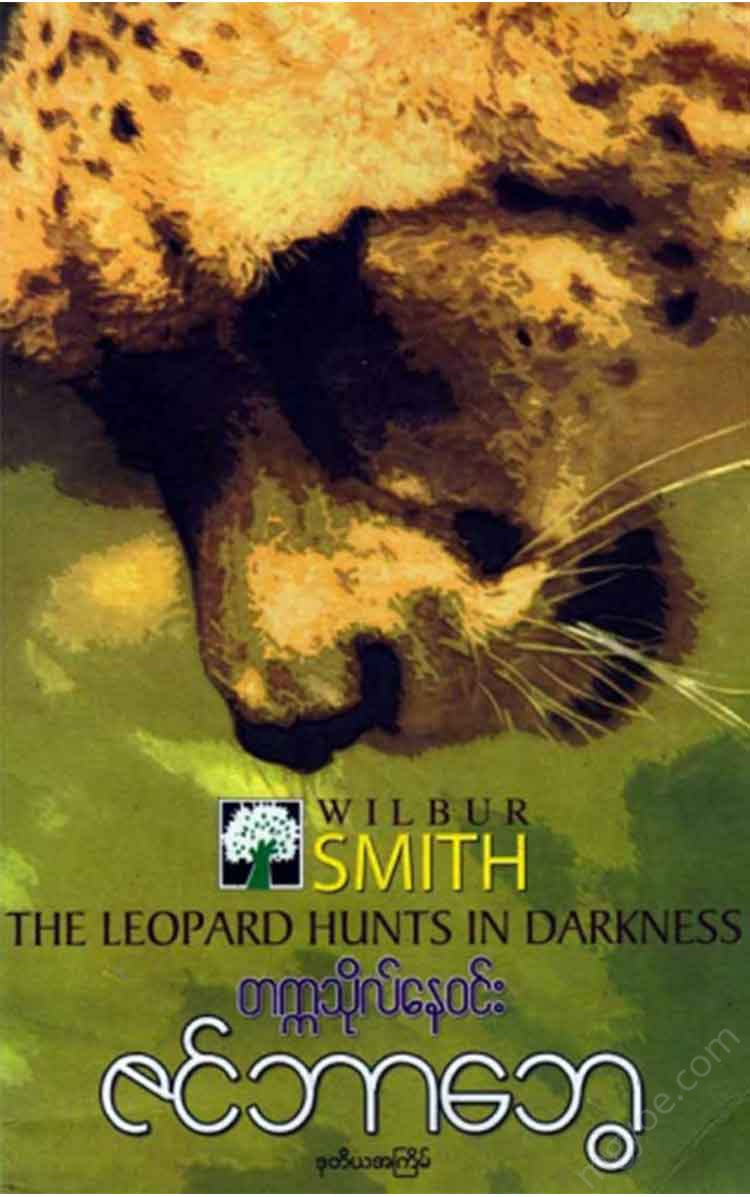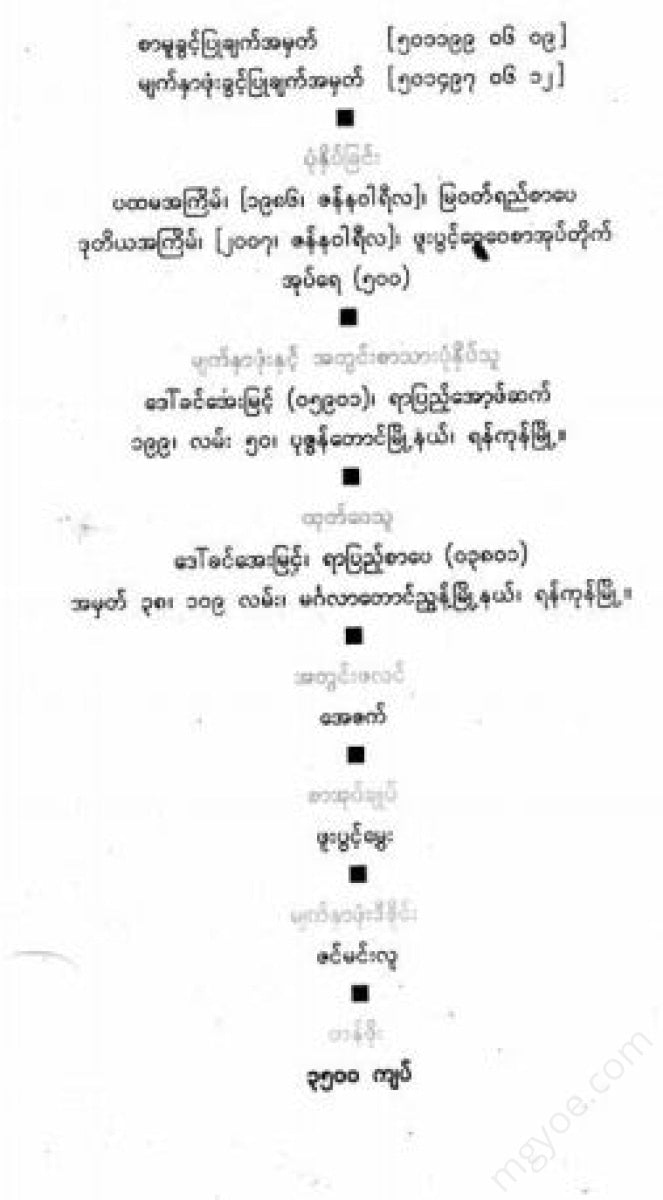Other Websites
University of Zimbabwe - Zimbabwe
University of Zimbabwe - Zimbabwe
Couldn't load pickup availability
:: Click on Buy it now to download the ebook . After placing your free order, the download link will be sent to the reader's email address used to log in to the mgyoe.com website.
:: The Ebook (Free) books on mgyoe.com are only books that have been circulating on the internet for a long time.
:: It is just a compilation so that readers can easily find it when they want to read it.
:: If reprinted by bookstores, the download links for these e-books will be removed.
------------------------------------
Chapter (1)
A dense forested area in Zimbabwe, Africa, is located in the Mambezi River Basin.
The wind, which blows over the famous Kalahari Desert to the south, is no longer as strong as it was when it reached the region.
A very large male elephant stood at the bottom of a hill, panting and sniffing the air.
The elephant is the leader of a large group of wild elephants, and the male elephant leads the rest of the elephants to safe areas where they can move around.
The elephant's nose was filled with the scent of wild yams, wild fruit trees, the scent of peppercorns from distant lands, and the scent of wild buffalo herds below the mountain. But on this day, the elephant was not searching for those scents. He was searching for the elephant's greatest enemy, humans. He was searching for the scent of human flesh, including the scent of tobacco smoke.
The big elephant stood there for a long time, sniffing, and then he caught sight of the man he was watching.
The elephant immediately became angry. The people had been following their herd for days. The elephant, with his cunning, had managed to evade the enemy, leading the herd to safety. But now he could smell the enemy again.
The male elephant, even as a young calf, understood that if he came into contact with humans, he would be considered an enemy. If he caught the scent of humans, he would be very afraid and even hate them. Therefore, he was able to survive until now because he was very careful about the scent of humans and avoided danger.
The lush, green grasslands along the Chambéry River have been home to herds of wild elephants for millennia. Along the river, humans have hunted and killed elephants. They have been greedily harvesting their tusks. The elephants have also been cleverly avoiding human poachers and trying to survive.
There is one thing that the elephant does not understand. It is a period of time when human hunters have not hunted down and killed the elephant herds along the Zambezi River. For about eleven years, the hunters have stopped hunting and have not shot the elephants. Therefore, during this period, the elephant herds have been safe.
The reason why the killing of elephants has stopped, which the elephants do not understand, is because of the severe civil war that is taking place in Zimbabwe. During the civil war, when both sides are fighting each other, it is also very dangerous for poachers, so the shooting of elephants has stopped.
During this period, elephant herds grew because they could move and graze safely.
However, now that the deliberate killing of elephants has resumed, the elephant herds are having to make special efforts to avoid their human enemies.
The big male elephant, having smelled the scent of humans, came down from the hill to the lower ground to warn the other elephants in his herd.
The herd, led by a male elephant, consisted of about three hundred elephants. Among them were mothers, mahouts, and their young.
The baby elephants were suckling their mothers, while the other elephants were plucking leaves and wild fruits from nearby trees. Two thousand young male elephants, with the combined strength of two males, were pulling down a tree with abundant green leaves and eating the green leaves. | The elephants in the herd were unaware of the danger.
The leader, a large male elephant, walked briskly towards the herd, his head held high and his large tusks hanging from his ears, clearly indicating that he was coming to warn of danger.
When the herd approached, the male elephant raised his trunk and gave a loud roar, warning them of the danger.
All the remaining elephants immediately stopped eating and ran to the windward side, as if in a panic. The idea of running to the windward side was that if enemies came after them, the elephants would pick up the scent of the enemy and escape.
If the enemy approaches like this, elephants can run for two days and one night without stopping at all.
The leader elephant could not understand the behavior of the enemy (humans). It had been about eight days since the humans had been caught. It had been eight days since the humans had been caught and fled. The elephant could not understand why the humans were chasing him so hard. The elephant was following the wind and the elephants were catching the humans well. There seemed to be a lot of people. It also seemed that the elephants were deliberately trying to catch the humans. However, the elephants could only smell them and could not see the humans. It could also be that they were deliberately avoiding the elephants so that they would not see them.
The leader of the herd, the male elephant, saw only one sign of a human being. On the fifth day after the scent of a human being was detected, the male elephant, in a fit of rage, separated from the herd and turned back towards the south along the path he had come from.



